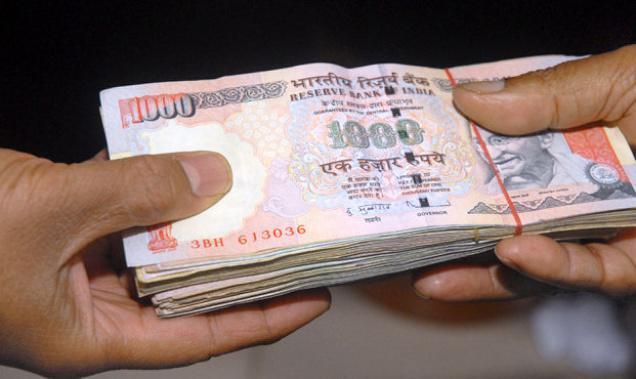Search
What are P-Notes? What’s the Involvement of SEBI in Them?
December 18, 2017
Participatory notes, which are commonly known as P-notes, have been a subject of controversy since a long time. This is because they allow foreign investors in invest in the Indian stock market under the cover of anonymity.
What are P-Notes?

P-notes are Overseas Derivative Instruments (ODIs) that use Indian stocks as their underlying assets.
Foreign investors can invest in Indian stock markets by subscribing to the P-notes without having to register with the regulatory authority SEBI.
P-notes are usually issued by the associates of India-based foreign brokerages and domestic institutional investors.
What’s the Controversy of the P-Notes?
The main issue with the P-notes is that they allow foreign investors to buy stocks that are listed on Indian exchanges without revealing their identities. This allows for the facilitation of money laundering.
When the central government released a white paper on black money in 2012, it was revealed that a large number of P-notes are availed by rich individuals who bring the black money they keep in the foreign countries back to India after converting into white money.
Involvement of SEBI
SEBI has tried to fight the money laundering-related problems associated with P-notes time and again. However, one of the most important decisions was taken by it only recently.
On July 8, 2017, SEBI issued a notification to ban the issuance of P-notes for investments in equity derivatives. In addition to that, it also enacted a rule as per which P-notes can only be issued to the foreign investors if they use their equity derivatives investments for hedging their equity shares.
On July 20, Sebi issued another notification in which it mentioned about tighter norms for P-notes. It said that a “regulatory fee” of USD 1,000 will be levied on each ODI subscriber as a way to check black money channelization.



